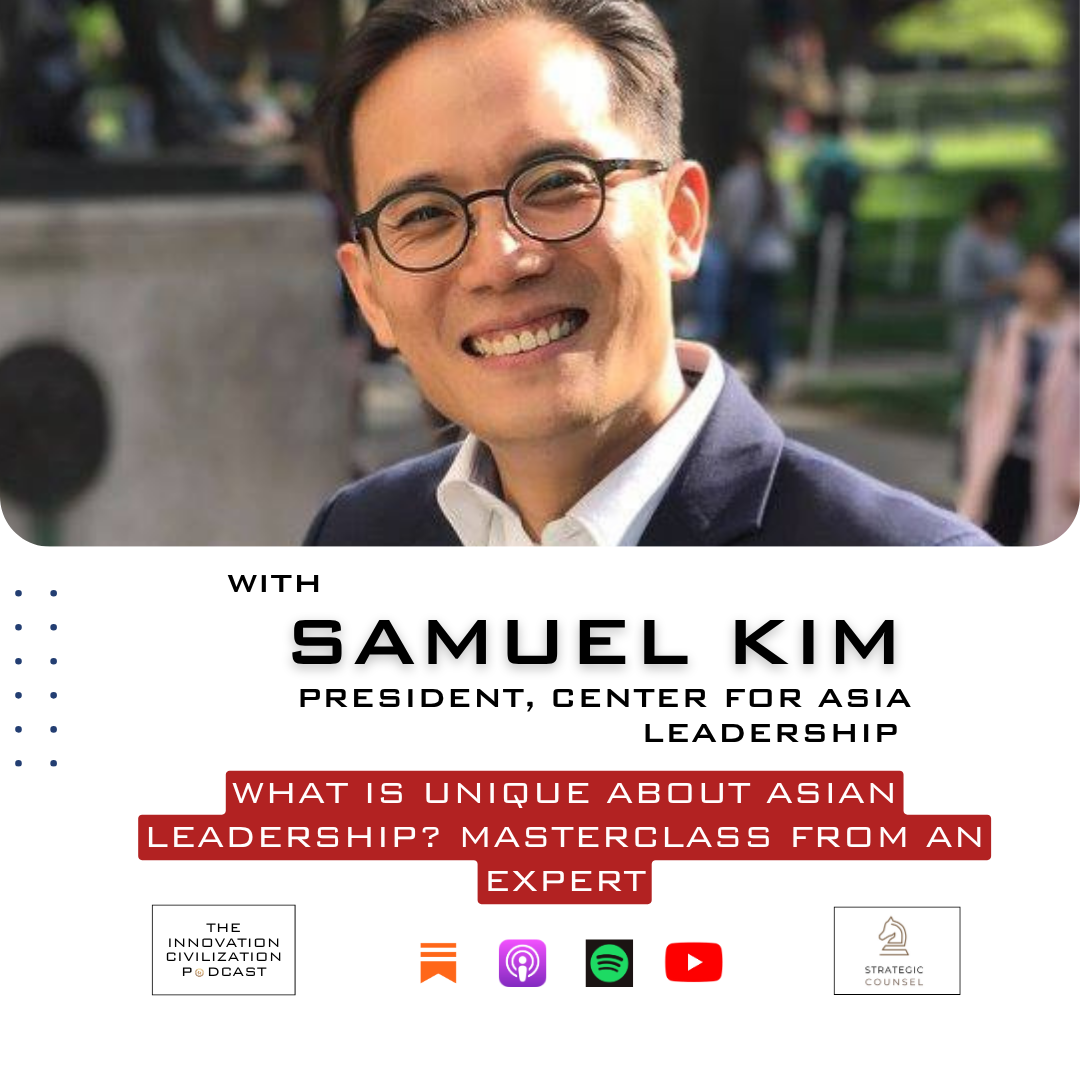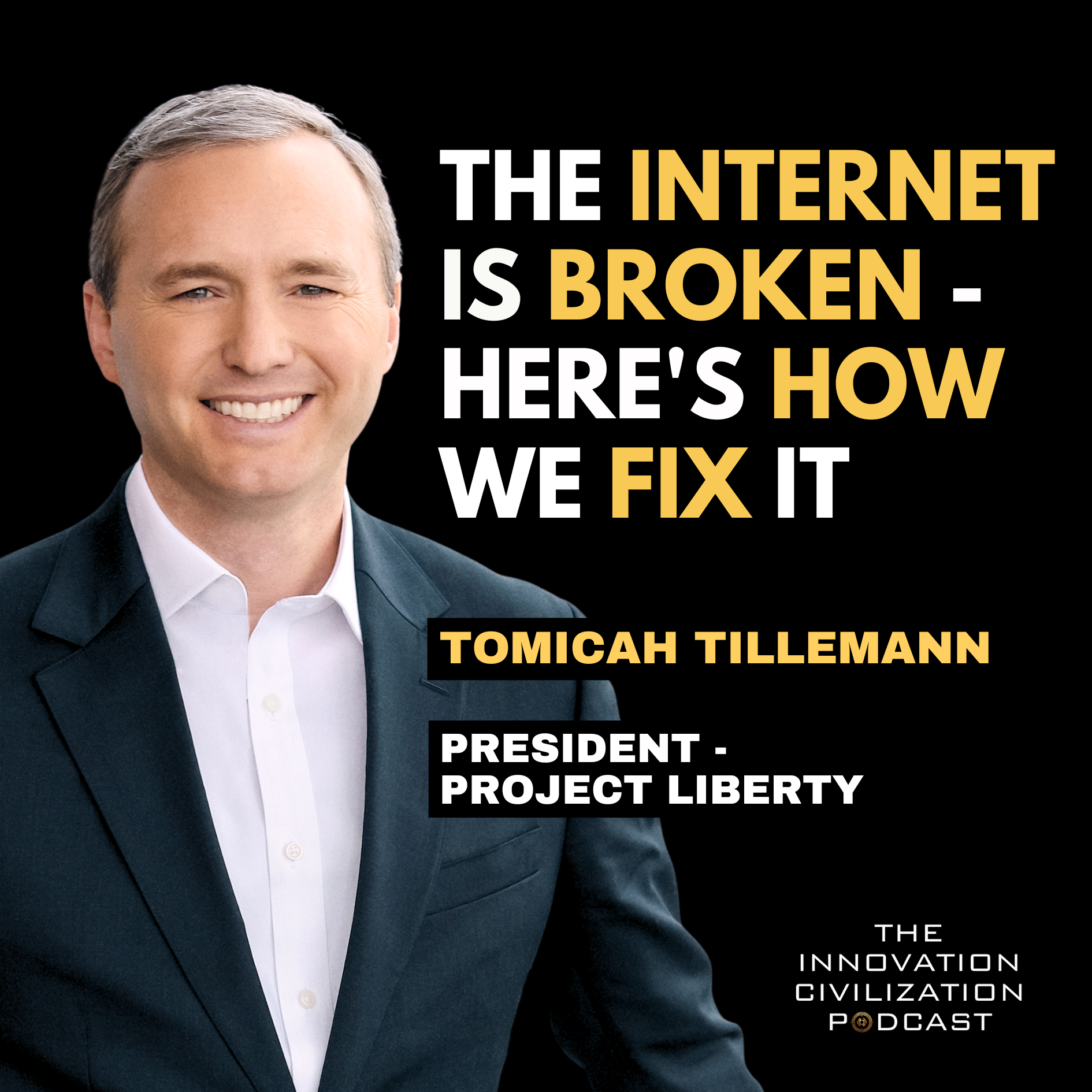Episode Description
We're joined at Empasco by the former Prime Minister of Estonia Taavi Roivas, who ran and built both sets of organizations: leading the highest political office of one of the most technologically advanced EU governments and now also being a technology entrepreneur to a hard tech startup doing mobilities.
In the episode, we cover:
- the confluence of technology and politics in shaping the future
- can you run governments like tech startups? Similarities and differences.
- education & what young people should study
- the challenges that tech brings to democracies
- AI, crypto, de-dollarisation and hot takes on the recent mega-trends with how governments should respond.
Follow our host Waheed Rahman (@iwaheedo), for more updates on tech, civilizational growth, progress studies, and emerging markets.
Here are the timestamps for the episode. On some podcast players, you should be able to click the timestamp for the episode.
(00:00) - Intro
(02:37) - Taavi's academic and political backstory
(08:34) - How did Taavi successfully balance youth political engagement and academic pursuits, particularly in technology and science, while maintaining a harmonious environment towards a shared vision?
(11:16) - What are the key similarities and differences in running a political organization compared to a technology or private organization?
(14:14) - How is Auve Tech transforming the public transport sector?
(19:46) - How can we encourage more individuals interested in societal development to engage in politics with a genuine understanding of technology?
(25:30) - Should the use of disruptive contemporary tech like AI be heavily regulated?
(30:58) - How can governments achieve self-disruption, akin to companies like Amazon, while simultaneously maintaining stability for society? How to navigate the trade-off between
embracing change and ensuring stability
(38:54) - Thoughts on the notion of the United States being in decline and the emergence of a more multipolar world? How would such shifts impact smaller countries and the
field of technology?
(41:14) - What should the government's approach be for the use of cryptocurrencies?
(44:18) - What is the government's stance on the potentially destabilizing effects of technology, particularly social media and digitization, on democracy, considering concerns about the
influence of platforms like Facebook and Twitter in shaping election outcomes?
(50:16) - Quick Fire Round
(53:40) - Outro








